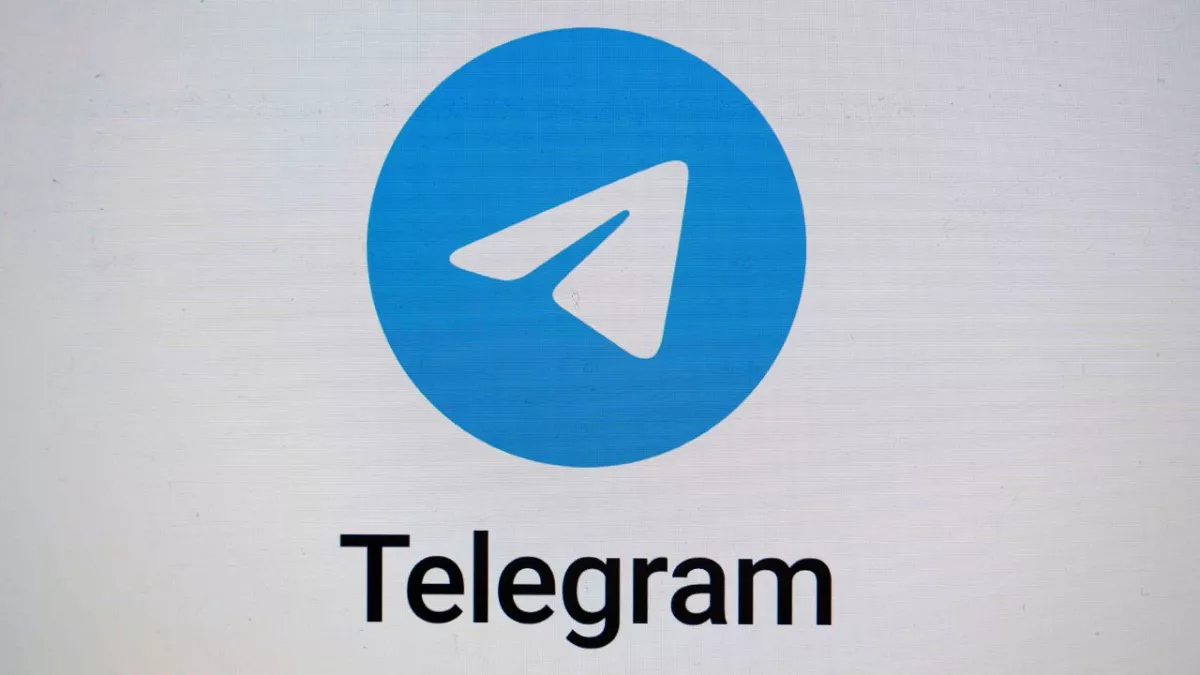Messaging platform Telegram has revealed it blocked 15.4 million groups and channels in 2024 as part of intensified efforts to tackle harmful content, including fraud, terrorism, and child sexual abuse material (CSAM).
This announcement comes amidst heightened scrutiny of the platform’s content moderation practices, particularly following the arrest of its founder, Pavel Durov, in France.
In a statement released on its newly launched moderation page, Telegram outlined its ongoing commitment to improving transparency around content moderation.
The page detailed the platform’s increased reliance on artificial intelligence tools to identify and remove violative content.
According to Telegram, it now blocks tens of thousands of groups and channels daily, with millions of pieces of content removed for breaching its Terms of Service.
The company emphasized its “zero-tolerance policy” on CSAM, revealing that it blocked 705,688 groups and channels linked to such materials in 2024.
Telegram noted it has been using hash databases to detect CSAM since 2018 and expanded its collaboration this year with organizations like the Internet Watch Foundation to enhance detection capabilities.
The report also highlighted the removal of 129,986 terrorist-related communities in 2024. Telegram reaffirmed its stance against extremism, stating that “calls to violence and terrorist propaganda have no place on Telegram.”
The company credited its partnership with organizations such as ETIDAL, the Global Center for Combating Extremist Ideology, for the progress. Through this collaboration alone, Telegram claims to have removed over 100 million pieces of terrorist content since 2022.
READ ALSO: How Telegram snatched millions of Whatsapp users in 72 hours
The announcement follows increased global scrutiny, particularly in Europe, where concerns about Telegram’s role in enabling extremist activities and illicit trade have grown.
Pavel Durov, the Russian billionaire founder of Telegram, was arrested on August 24, 2024, upon arriving in France at the invitation of President Emmanuel Macron. French authorities charged him with failing to curb illegal and extremist content, which they claim has turned the platform into a haven for terrorists and drug traffickers.
Durov was released on a conditional bail of €5 million but remains in France, under conditions requiring him to report to police twice weekly. The case, which remains ongoing, has ignited debates about the accountability of tech founders for user-generated content on their platforms.
In his first public response after his release, Durov acknowledged the challenges of content moderation on a platform with over 900 million active users but defended Telegram’s existing measures.
He pointed to the company’s European Union compliance officer, who oversees adherence to EU digital regulations, and criticized what he described as a “misguided” approach of holding tech founders culpable for platform misuse.
READ ALSO: Nigerian telecoms investment plummets 87% amid industry challenges
Tech analysts believe Telegram’s intensified moderation efforts are a response to mounting regulatory pressure. Gabriel Adeyemi, a cybersecurity expert, noted that Telegram’s vast user base presents “unique challenges” in content policing but argued that Durov’s arrest underscores the increasing expectation for platforms to self-regulate proactively.
“While Telegram’s use of AI tools is commendable, the scale of harmful content suggests they still face significant hurdles,” Adeyemi said. “Governments are sending a clear message that accountability in digital spaces is non-negotiable.”
Similarly, digital policy analyst Isabella Laurent suggested that Telegram’s new transparency measures could help rebuild trust but warned that more robust oversight will be required. “With platforms like Telegram walking a fine line between privacy and moderation, regulatory frameworks must evolve to balance these priorities effectively.”
As Telegram grapples with these challenges, its crackdown on harmful content signals a broader trend of tech platforms being pushed to enhance accountability while navigating global regulatory demands.

 Health6 days ago
Health6 days ago
 Entertainment1 week ago
Entertainment1 week ago
 Crime7 days ago
Crime7 days ago
 Comments and Issues1 week ago
Comments and Issues1 week ago
 Football1 week ago
Football1 week ago
 Latest7 days ago
Latest7 days ago
 Comments and Issues1 week ago
Comments and Issues1 week ago
 Comments and Issues1 week ago
Comments and Issues1 week ago

